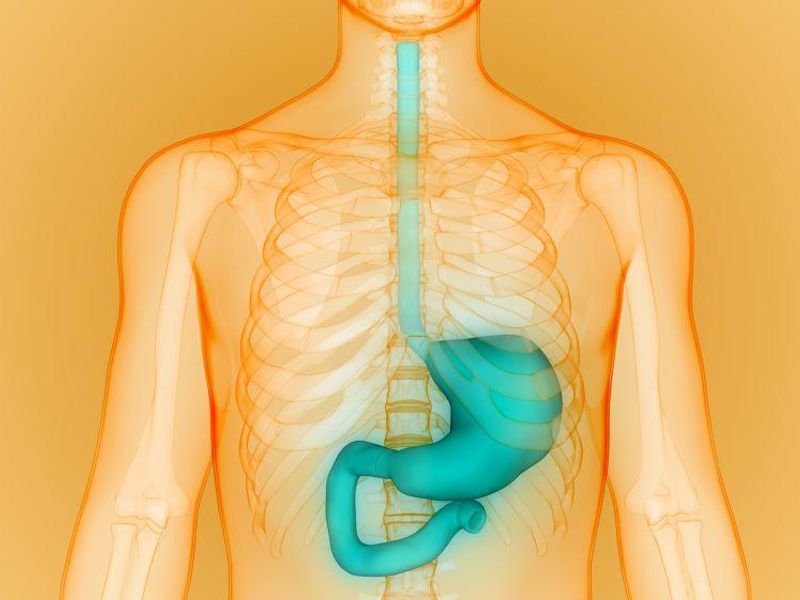THURSDAY, Aug. 18, 2022 (HealthDay News) — For patients with Lynch syndrome (LS), daily resistant starch (RS) seems to have a lasting protective effect against noncolorectal cancers, according to a study published online July 25 in Cancer Prevention Research.
John C. Mathers, Ph.D., from Newcastle University in the United Kingdom, and colleagues present long-term cancer outcomes based on a planned 10-year follow-up from recruitment in the CAPP2 trial in which participants with LS were randomly assigned to 30 g RS or placebo daily for up to four years. Overall, 463 and 455 participants received RS and placebo, respectively.
The researchers observed no difference in colorectal cancer incidence at up to 20 years of follow-up (52 and 53 patients diagnosed among those assigned to RS versus placebo), but fewer participants had noncolorectal LS cancers among those assigned to RS versus placebo (27 versus 48; intention-to-treat [ITT] analysis hazard ratio, 0.54). The protective effect on RS against noncolorectal cancer LS cancers was confirmed by calculating incidence rate ratios in an ITT analysis allowing for multiple primary cancer diagnoses among participants (incidence rate ratio, 0.52). For cancers of the upper gastrointestinal (GI) tract, these effects were particularly pronounced (five versus 21 diagnoses with RS and placebo, respectively). The ITT analysis showed no effect of RS on colorectal cancer risk. No interaction was seen between aspirin and RS treatment.
“The effect was most obvious in the upper part of the gut,” Mathers said in a statement. “This is important as cancers of the upper GI tract are difficult to diagnose and often are not caught early on.”
Several authors disclosed financial ties to the pharmaceutical and nutrition industries.
Copyright © 2022 HealthDay. All rights reserved.


